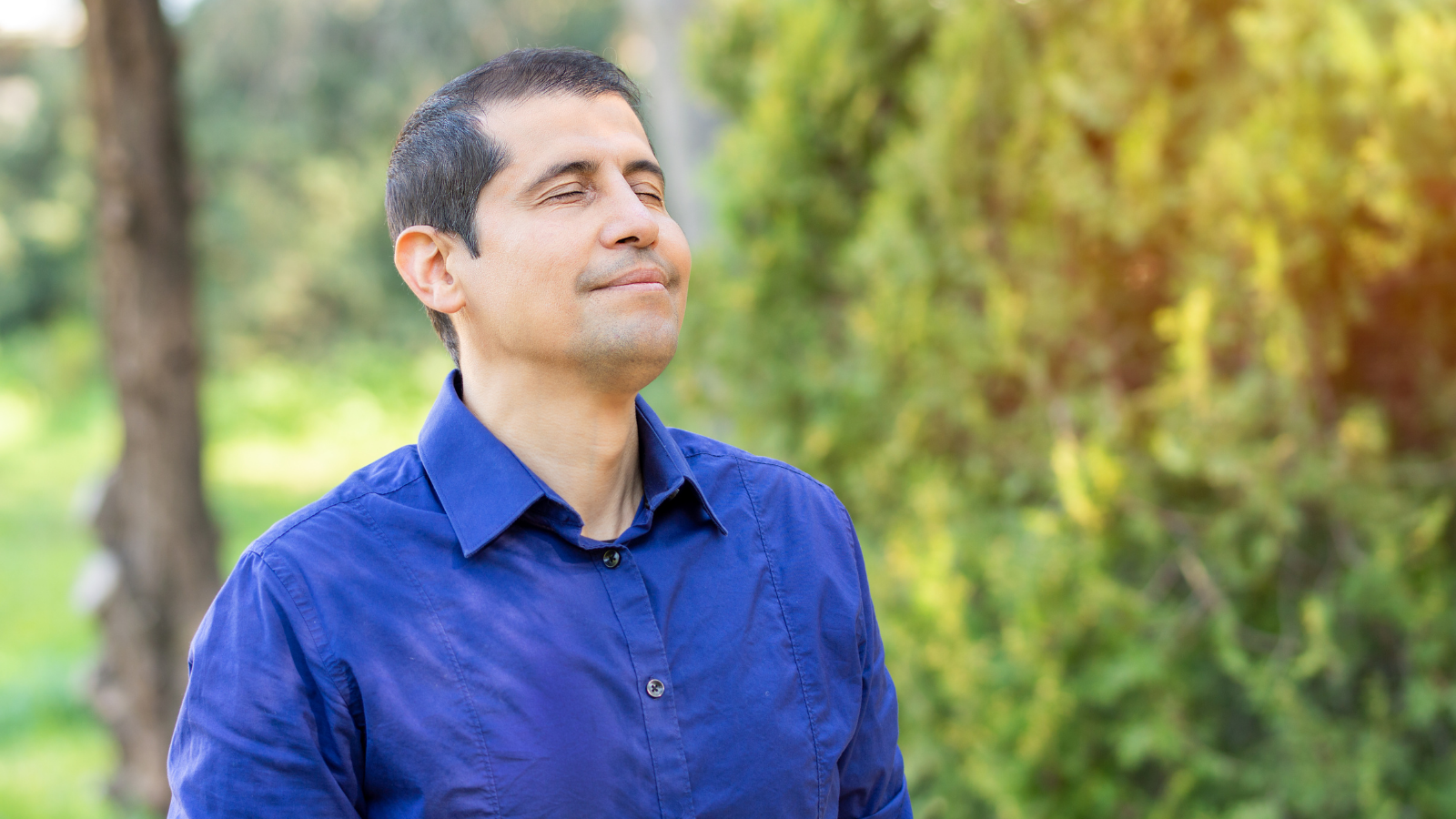Mindfulness is a gentle way of hacking the mind and body. It’s probably one of the most underrated personal improvement practices. Period. Here’s why.
“Instant Mindfulness” is like living a lifetime in an instant
In other words, there’s really no such thing.
You don’t achieve mindfulness in an instant.
Actually, you can. But that instant comes after a long apprenticeship of practice.
A lifetime is usually measured in years. The same goes for a mindfulness practice.
Why Mindfulness is Underrated
Mindfulness is like putting a small amount of money in the bank and waiting for it to grow by compound interest. In the beginning, the gains seem very slight. Progress or improvement just can’t be seen. It’s like nothing’s happening.
It can be like that for a long time. Until that day when the breakthrough happens. Or you look back and realize how much good you have enjoyed through mindfulness.
Mindfulness is subtle. It doesn’t scream. It rarely gives anyone goosebumps. And it happens slowly over time.
How Mindfulness Works on the Body
There are many different approaches or practices for mindfulness. Most of them have something in common: you start by paying attention to the breath.
When we leave our mother’s womb and enter this world, the first thing we do is take a breath. The last thing we do before we leave this world is take a breath. In between, we practice mindfulness as we breathe.
If only it were so!
Most of us don’t practice mindfulness very much, but it’s very accessible.
It’s pretty amazing how just paying attention to our breath helps us with healthy heart function, slows our cognitive decline due to aging or disease, improves our immune response, reduces the speed of cell aging and can even reduce pain.
Mindfulness and the Mind
One of the best reasons to practice mindfulness is what it does for the mind. Whether you experience stress, anxiety, depression or not, mindfulness will help you. The more you struggle with these the more you’ll notice a reduction in them as you practice mindfulness.
Whether you notice a change or not, mindfulness works on a subconscious level. Gradually it enhances self awareness and promotes emotional health. It is a gentle practice and you should learn to be kind and gentle with yourself when practicing mindfulness.
I rarely notice any kind of change or effect when I practice mindfulness. So why do it? Because I do notice what happens when I don’t practice mindfulness, and it’s not emotional health.

How Mindfulness Works for the Emotions and Spirit
Most approaches to mindfulness start with the breath and help calm the thoughts. Some of them don’t go any further than that. But there’s no reason to stop there.
Mindfulness helps us notice our emotions and reactions and can even support us in regulating our emotions better and being less reactive.
Our center or spirit, our heart, our spiritual core–however you want to refer to this part of you–is particularly nurtured by the practice of mindfulness. Observing your spirit or heart and then cultivating the kind of spiritual qualities or energy you want to have more is a age-old practice common to many spiritual traditions.
Mindfulness for the mind and body, emotions and spirit, really for all of work and life, is not only healthy. It is the straightest path to affirming life in an instant.
So I will breathe. Focus. Breathe. Relax. Breathe. And give myself the life upgrade, the luxury package that is the gift of some mindfulness.
—————
Want more help and instruction on cultivating mindfulness? Check out the book A Guide to Mindfulness Meditation in our store. You’ll also find posters and notebooks featuring the BREATH framework that we created to help you with mindfulness.

